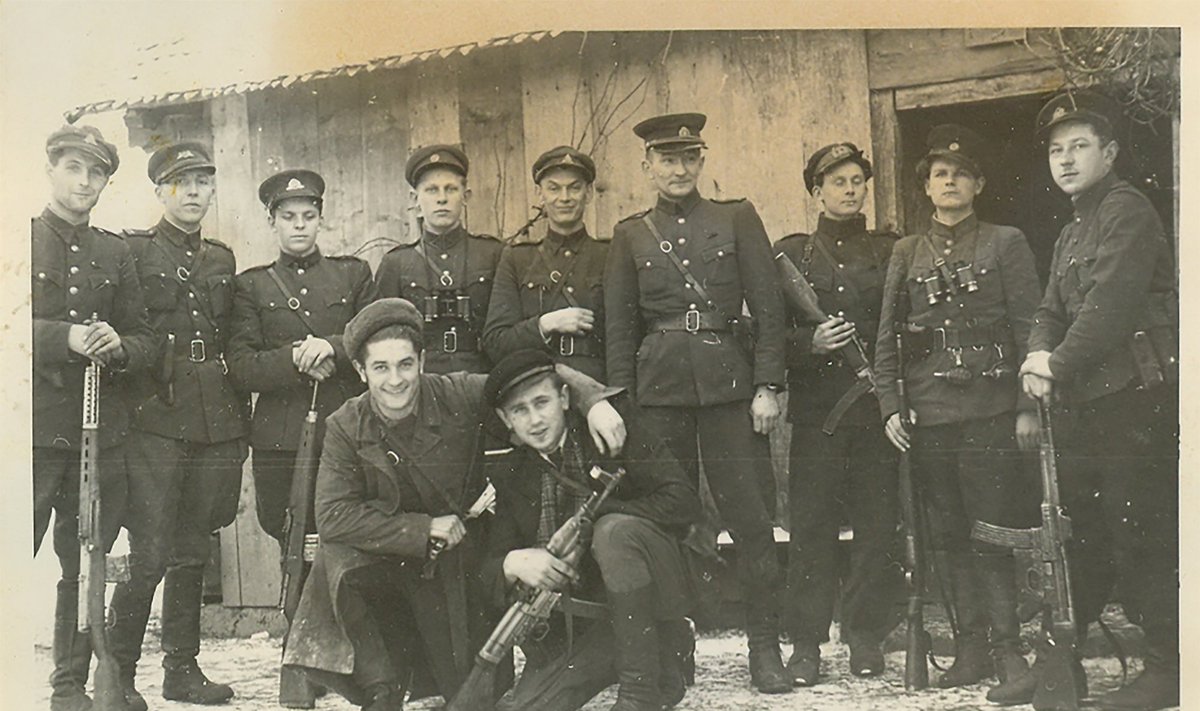"Today, I can share the news that the remains have been found at an NKVD-linked location in Liepalingis, and based on preliminary evidence, these might be the remains of Colonel Juozas Vitkus-Kazimieraitis, the founder of the resistance struggle, a partisan leader, a freedom fighter, and a holder of the Cross of Vytis," National Defense Minister Arvydas Anusauskas said during the commemoration of the Army Day on Wednesday.
"He was a man who swore his life to Lithuania, defended it with conviction, fought with dignity, pooled his brothers-in-arms together, and, together with Adolfas Ramanauskas-Vanagas, they were the greatest commanders of our resistance movement," the minister said.
According to the Genocide and Resistance Research Center of Lithuania, Vitkus was born in 1901 and he enrolled with the Kaunas Military School in 1920. After graduating, he was assigned to the King Mindaugas Infantry Regiment and served in the army between the wars, rising to the rank of lieutenant colonel.
He left the army after WWII broke out and devoted all of his energy to the partisan movement during the second Soviet occupation.
Vitkus formed the Southern Lithuania partisan region in 1946 and was elected its commander.
On July 2, 1946, he was seriously wounded during a clash with Soviet troops in Zaliamiskis near Liskiava in Lithuania's southern district of Varena district and died a few hours later.
After an independent state of Lithuania was restored, Vitkus was awarded a 1st Class Order of the Cross of Vytis and promoted to the rank of colonel, and the Lithuanian army's engineering battalion in Kaunas was later named after him.
